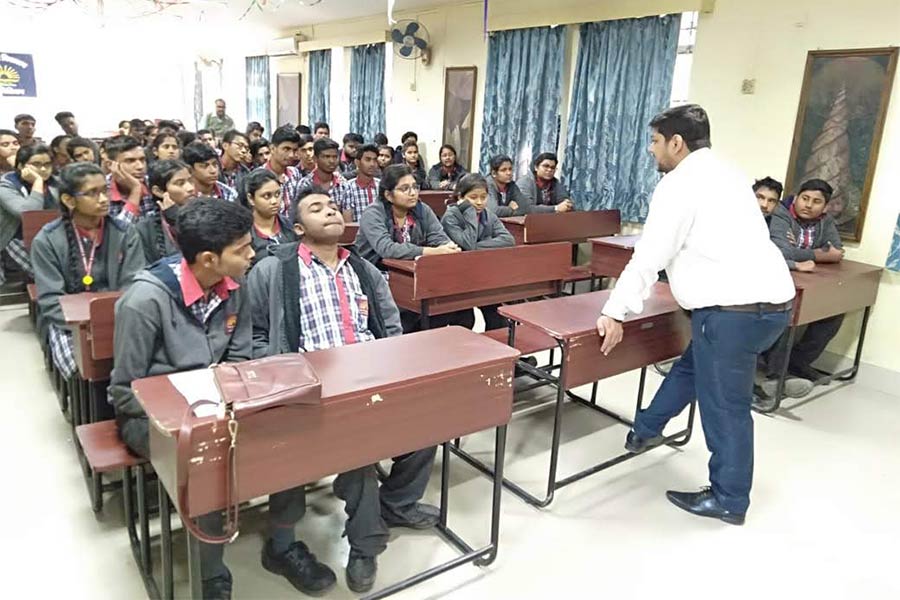The Centre wants all 66 school boards in the country to obtain equivalence from the NCERT to establish a uniform academic standard and do away with discrimination of students by higher educational institutions during admission.
The department of school education and literacy under the education ministry recently issued a notification through which the NCERT had been tasked with granting equivalence to Class X and Class XII certificates of all recognised school boards in the country.
Parakh, the NCERT’s national assessment centre, will follow a standard operating procedure (SOP) while granting equivalence.
School boards in India are mostly established by state governments. The Centre has set up the CBSE and the National Institute of Open Schooling (NIOS). In addition, there are some private school boards, such as Ramdev’s Bharatiya Shiksha Board, which have been granted equivalence by the Association of Indian Universities (AIU).
An education ministry official said the certificates issued by different school boards were not treated on a par by higher educational institutions while granting admission to students in undergraduate courses. NIOS students often encounter discrimination during admission. Students of some boards perceived to be following a
liberal marking system in Class XII also face bias during interviews, which continues even after admission in some cases.
However, the decision to seek equivalence will be left to the boards.
“It is up to the boards to decide whether they want the students of their affiliated schools to make use of this facility. It is not mandatory,” said the official.
Prof. Indrani Bhaduri, the head of Parakh, said equivalence among boards would help resolve the difficulties faced by students of some boards during admission and also facilitate smooth student migration across boards.
“A minimum academic standard will be followed by these boards after they get equivalence. Students of any board will appear in any entrance test with confidence. It will help in their employment, too,” Bhaduri said.
She said Parakh had already developed the SOP, which would be implemented after the education ministry’s approval. The SOP has five key aspects — curriculum, administration, assessment, infrastructure and inclusivity, she said.
While granting equivalence, the NCERT will check if a board follows the minimum standard curriculum matching the national standards for different grades.
The SOP also touches upon the pattern of question papers prepared by a board. School boards follow different patterns while setting question papers. “Some boards emphasise cognitive and analytical skills while others frame questions that expect students to recall and reproduce content,” Bhaduri said.
Difference also exists in the difficulty level and the distribution of multiple-choice, objective, short- and long-answer type questions, she added.
“The SOP says what should be an ideal format of a question paper to test the learning of the students. The boards will be informed about the areas of improvement for matching a standard assessment practice. Once they comply, they will be awarded equivalence,” Bhaduri said.
The SOP wants the boards to have the infrastructure to ensure the digitisation of all their activities, ranging from admission to the grant of certificates. The SOP also mandates that the boards follow an inclusive policy for children with special needs.










